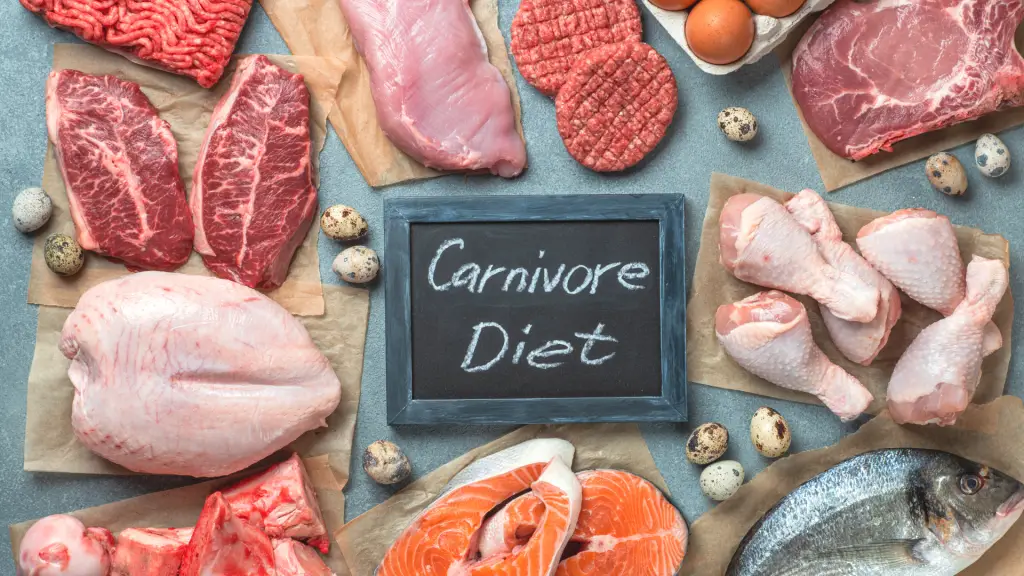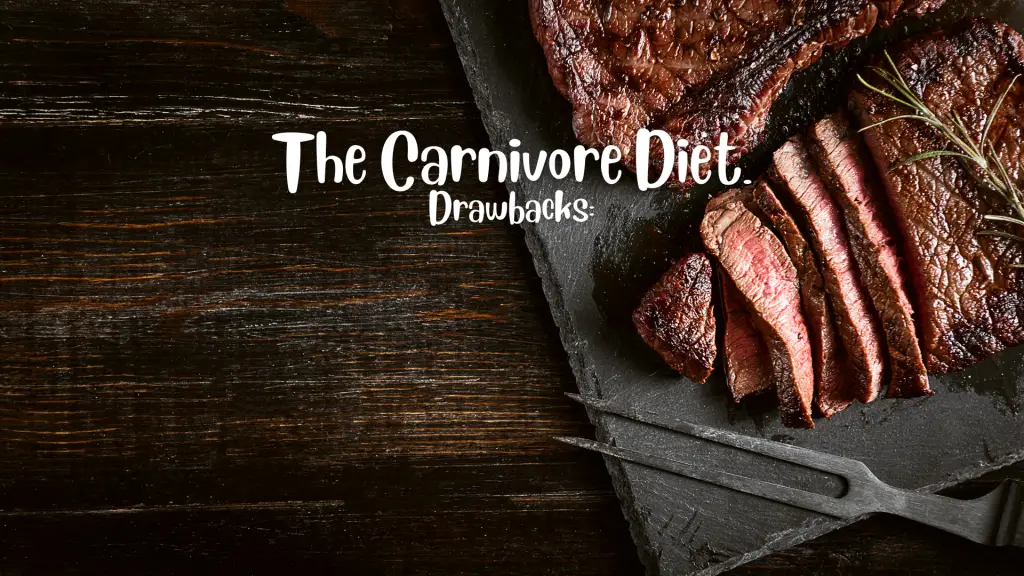The carnivore diet eliminates all plant foods and consists only of meat, fish, and a few other animal products. In contrast, this may seem like a restrictive way of eating, but proponents of the carnivore diet claim that it has an overload of health benefits and that all the benefits outweigh the side effects.

Some people follow the carnivore diet for weight loss, as it can be challenging to overconsume calories when meat is the only protein and fat intake; they believe that the high intake of protein and fat on the carnivore diet helps to promote muscle growth and strength gains. And then some appreciate the simplicity of the carnivore diet – no meal prep or counting macros required!
You can’t even consume oil on this unique, result-promising diet. Most people stick with Ghee/Clarified Butter or goose fat.
The Pros Of The Carnivore Diet: Benefits

The carnivore diet is simple – eat only meat and fish. No vegetables, no fruit, no grains, no beans or legumes. This way of eating is becoming increasingly popular as people search for ways to improve their health, enhance their clarity of mind, lose weight and feel better overall.
So, what are the pros of the carnivore diet? One of the most significant benefits is that it can lead to quick and dramatic weight loss. When you cut out all carbohydrates and only eat protein and fat, your body goes into ketosis, a state where it burns fat for energy instead of carbs. This can lead to rapid weight loss, especially in those who are obese or have a lot of weight to lose.
Another benefit of the carnivore diet is that it can help improve mental clarity and concentration.
Drawbacks Of The Carnivore Diet: Potential Health Risks

There are a few potential health risks associated with the carnivore diet. One is that you may not get enough specific vitamins and minerals if you’re only eating meat and no other foods, but you can replace these missing micronutrients with health supplements.
Another concern is that you could consume too much saturated fat and cholesterol, which could lead to heart disease, but this is unlikely because the fat in meat is most nutritious and usually harmless. Finally, if you’re not careful about where your meat comes from, you could eat meat high in toxins and chemicals. So make sure it’s organic, and if you can’t find any organic meats. Go to local butchers, and see what they have.

There are a few more issues you may experience during this all-meat diet; they may be:
- Nausea
- Vomiting
- Constipation
- Diarrhea
- Fatigue
Nausea and fatigue are typical because you’re eating too much or not enough food. You need to find your “sweet spot” for fats and proteins. You may also have diarrhea during this diet because you eat “too much” protein or eat inflammatory foods. It could also be because you’re simply getting used to increased dietary fat.
Overall, the carnivore diet appears to be safe for most people. However, depending on your health, it may be necessary to speak with a doctor or registered dietitian before making any significant changes to your diet. You should conduct some more research as well.
The Bottom Line: Is The Carnivore Diet Healthy?

When it comes to the carnivore diet, there is no one-size-fits-all answer. Some people may feel better and more energetic when they consume primarily or exclusively animal products. Others may find that they don’t feel as good on this diet and prefer to include some plant foods in their meals.
There are a few things to remember when considering a carnivore diet. First, make sure you’re getting enough fat. This is especially important if you’re eating primarily lean meats, like chicken or fish, and just a quick tip to sneak in some more fat. When eating chicken, buy chicken with the skin on it because there is more fat in the skin.
